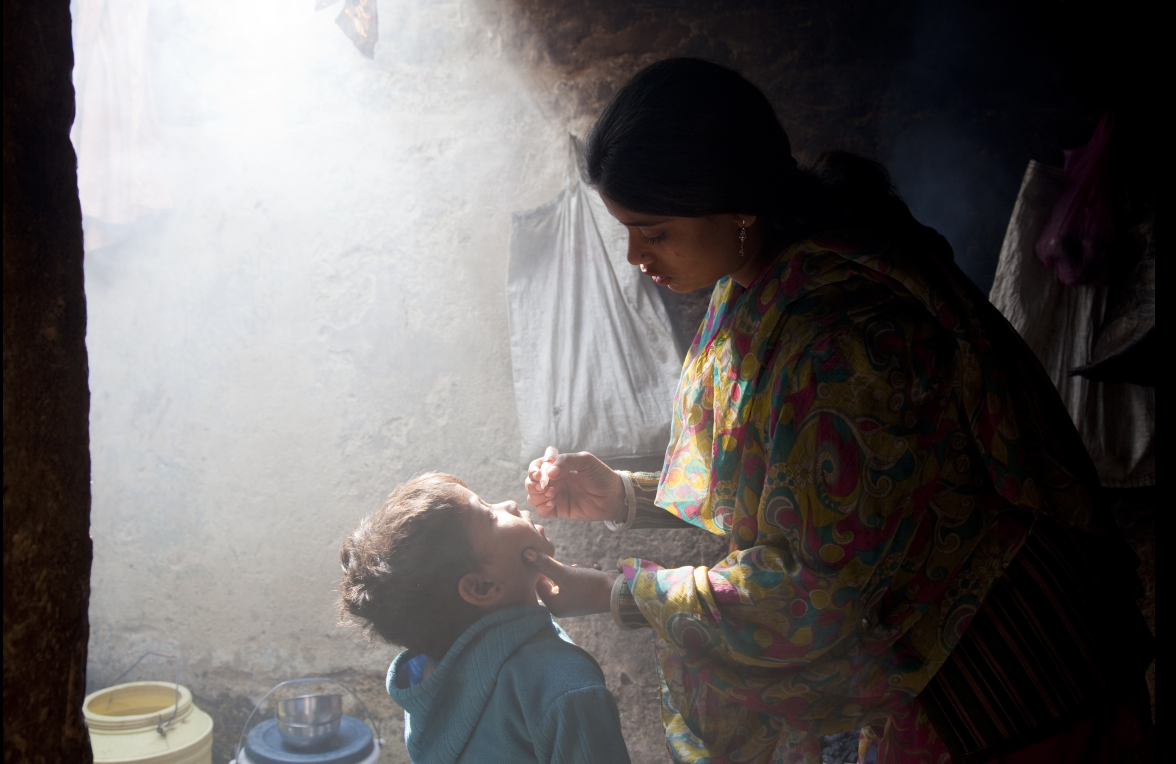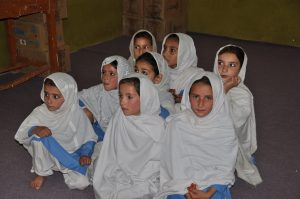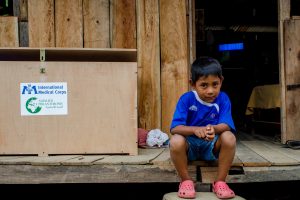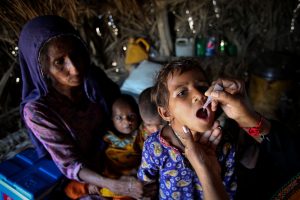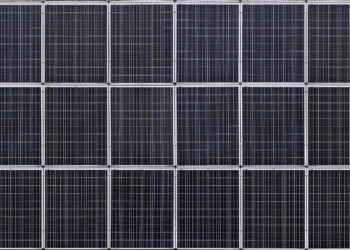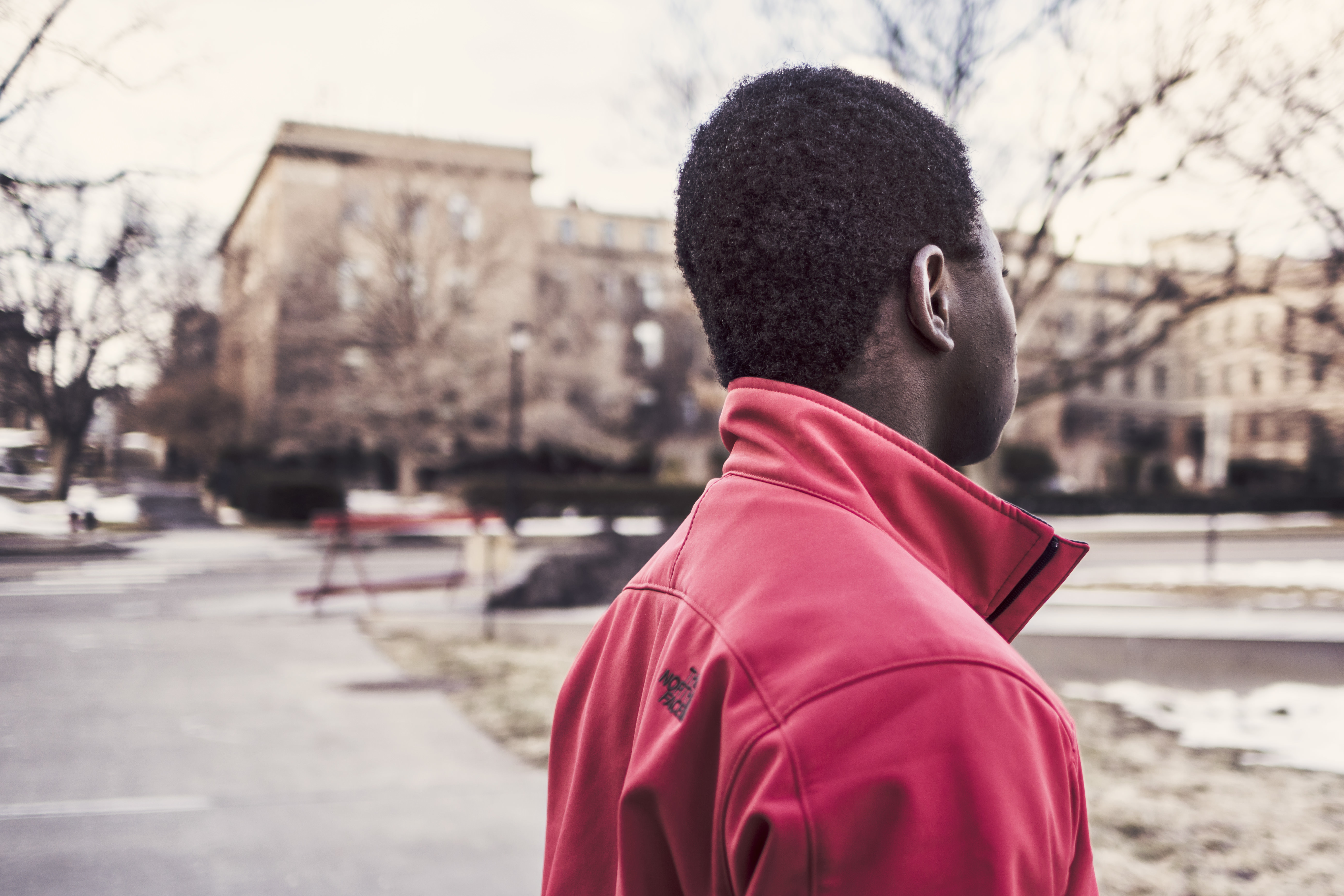EDITOR’S NOTE: THIS PIECE IS AUTHORED BY, HRH PRINCESS LAMIA BINT MAJED ALSAUD, SECRETARY GENERAL ALWALEED PHILANTHROPIES. THIS PIECE IS PART OF A SERIES EXPLORING THE SUSTAINABLE DEVELOPMENT GOALS (SDGS) SEE THE INTRODUCTION TO THE SERIES HERE.
The key to our development challenges? Empowered women.
Tackling gender inequality is one of the most important challenges the world faces in the twenty-first century.
In recognition of this, world leaders have dedicated the fifth Sustainable Development Goal (SDG) to confronting this global problem. It reads: Achieve gender equality and empower all women and girls.
When you begin to look down the list of seventeen SDGs, an interesting pattern emerges:
SDG1 – End poverty in all its forms everywhere
SDG2 – End hunger, achieve food security and improved nutrition and promote sustainable agriculture
SDG3 – Ensure healthy lives and promote wellbeing for all at all ages
SDG4 – Ensure inclusive and equitable quality education and promote lifelong learning opportunities for all
What is striking is how the success of each of the first four is inextricably bound to the fifth.
PHOTO Credit: Alwaleed philanthropies
Women and girls represent a majority of the world’s poor and a majority of the world’s undernourished. Women in low-income countries are expected to live 19 fewer years on average than their counterparts in high-income countries. Women and girls also continue to be excluded from education at all levels across the globe, particularly in poorer countries. In order to end poverty and hunger, ensure good health and wellbeing for all, and provide quality education to all, we must focus our efforts upon SDG5. Achieving gender equality must play an integral role in addressing all SDGs.
Related Article: “THE KEY TO OUR DEVELOPMENT CHALLENGES? EMPOWERED WOMEN”
Our work
My organisation, Alwaleed Philanthropies, is committed to this mission. We partner with the world’s leading individuals and organisations to provide effective solutions to some of the key challenges of our time, with a particular focus on women’s empowerment.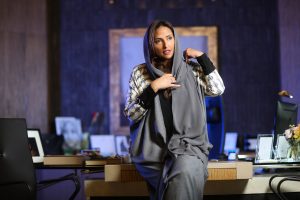
In the photo: HRH Princess Lamia Bint Majed Alsaud , Secreteray General Alwaleed Philanthropies in her offices. Photo Credit: Alwaleed Philanthropies
We know that reducing gender inequality is a silver bullet. It is one of the most effective ways to drive social and economic progress. Only through harnessing the talents and energies of everyone can we hope to achieve a fairer, more equitable and peaceful world.
In order to achieve these goals, we must practice what we preach.
And we do. I am proud to lead an all-female team of highly dynamic, empowered professionals who are as committed to our mission as I am. We are dedicated to achieving gender equality through our work in empowering women. This is one of our four focus areas, the other three being: developing communities, providing vital disaster relief and bringing cultures together. We understand that work in each of these areas helps to support the world’s most vulnerable groups while simultaneously empowering girls and women. Not only do we sponsor projects within Saudi Arabia and the Middle East, but we also work across the globe to ensure all women are empowered and treated equitably.
Empowering women
Empowerment of women and youth can take a variety of forms, and Alwaleed Philanthropies has sponsored a myriad of projects over the years to achieve this goal. We are proud to have been involved in last year’s historic decision to allow women to stand for election to municipal councils in Saudi Arabia. Through our work with Shareeka Program, Saudi women are now able to participate actively in political life. Yes, there is much more that needs to be done to cement women’s participation in Saudi society, but this was a significant step.
We also support the Wa’iyah Initiative for Women’s Legal Rights, a pioneering scheme dedicated to spreading awareness of women’s rights in the Kingdom. This goes well beyond simply reinforcing the message that domestic violence is unacceptable. It means empowering women with the confidence that comes from knowing that they can do anything that men can do, that they are entitled to an education, that they are entitled to career opportunities and that they are entitled to fulfilling every ounce of their potential.
We also support women in the private sector, including working with Taiba Women’s Society to offer entrepreneurship programs in order to reduce female unemployment. Supporting the transformation of women’s ideas into successful businesses helps give women financial autonomy and improve equality in Saudi commerce.
In the wider region, we support initiatives like Education for Employment that help young women take their first steps on the career ladder by providing them with the support and training that is so crucial at this stage of their lives.
Globally, Alwaleed Philanthropies has supported Benin’s Solar Energy Program launched by the Solar Electrical Light Fund (SELF). The program trained women farmers in 11 villages in how to use solar power to electrify drip irrigation in order to water their land. It also included the electrification of health clinics, schools, internet cafes, and microenterprises in three villages, ultimately training almost 10,000 women, and transforming the lives of women and their families in these areas.
Focusing specifically on women’s empowerment is an excellent start, but gender inequality is a multifaceted issue. That is why we work to tackle other global issues that disproportionately benefit women and girls.
Developing communities
Much of Alwaleed Philanthropies’ community development work focuses upon improving quality of life for those in need around the world. In 2015, we made a commitment of support to the Ending Hunger in Peru program, in collaboration with The Hunger Project and in partnership with Chirapaq (Center for Indigenous Peoples Cultures of Peru). The project focuses on utilizing local resources, producing natural products, increasing healthy and hygienic practices and saving materials resistant to climate change in localities throughout Peru – all with the ultimate goal of developing a sustainable and resilient communities.
Alwaleed Philanthropies also works to build communities within Saudi Arabia. Signing an agreement with Majid bin Abdulaziz Society for Development and Social Services, we performed a study of the Kingdom’s crafts market to enable continuous productivity and empower artisans. In addition, the society re-evaluated product lines within its ‘Rawaj Alheraf’ crafts program and offered advanced training to artisans and individuals, helping them produce unique, modern items as a sustainable source of income.
Providing individuals – many of them women – with the opportunity to have their own income is integral to achieving gender equality. Financial independence of course gives women the power to make their own choices, and run their lives as they wish.
Providing vital disaster relief
With respect to disaster relief, Alwaleed Philanthropies partners with various international organisations that are active in areas affected by natural crises. We know from first-hand experience that women suffer disproportionately following an earthquake, flood, hurricane or other crisis. They are more likely to lack access to the life-saving resources and information they need.
PHOTO CREDIT: Alwaleed Philanthropies
We also know that disaster prevention is one of the most effective ways to make a difference in philanthropy, according to the Centre for Effective Altruism. This is why we supported the Humanitarian Leadership Academy’s launch of ten rapid-response centres across the world, in partnership with Save the Children. These centres will offer the next generation of front line humanitarian staff the latest insight and technology, and empower those most affected by emergencies to be the first responders. There are currently three in operation: in Nairobi, Kenya; Manila, Philippines; and Dubai, UAE.
When Jeddah was ravaged by unprecedented floods, Alwaleed Philanthropies came to the aid of the devastated city and its victims. The tragedy left about 10,000 people homeless and destroyed thousands of homes, buildings and vehicles. In collaboration with a number of dedicated organisations, Alwaleed Philanthropies provided the necessary support to beneficiaries in record time – donating 1,000 cars to those who lost theirs, and 10,000 electric household appliances, such as refrigerators, washing machines, ovens and air conditioners, as well as mattresses to more than 3,500 families.
We have also supported disaster relief globally when natural crises have occurred, including the provision of blankets, clothing, first-aid kits and sleeping bags following the Great East Japan Earthquake and Tsunami and donations to support healthcare in Haiti following the 2010 earthquake on the Caribbean island.
Bringing cultures together
In an effort to bring cultures together, Prince Alwaleed academic centres have been established at leading universities across the globe, with the aim of fostering greater understanding between the Muslim world and the West. This network of six centres support conversations, the exchange of ideas, innovation and creativity with the aim of healing divides.
This year, in partnership with HRH Prince Alwaleed bin Talal’s Centre for Cultural Understanding in Cambridge, the King Abdel Aziz Center for National Dialogue and the King Abdullah bin Abdulaziz International Centre for Interreligious and Intercultural Dialogue, we launched the Intellectual Security and Cultural Dialogue programme, which trains and equips 1,000 beneficiaries with the skills and knowledge they need to promote interfaith dialogue and encourage a greater understanding of Islam’s teachings and its foundations in humanitarianism.
For a full mindmap containing additional related articles and photos, visit #SDGStories
Over the years, Alwaleed Philanthropies has sponsored many exchanges that brought together diverse cultures. For instance, in 2012 we donated to the Three Faiths Forum to support the undergraduate ParliaMentors program: an award-winning leadership development program for intercultural social action and political engagement for and with university students of different faiths.
Again, fostering international understanding is yet another example of an intervention that particularly benefits women, as they very often face the worst forms of discrimination in day-to-day life. Indeed, throughout Europe and North America, Muslim women are significantly more likely to be subject to Islamophobic hate crimes. Supporting intercultural understanding benefits the women who all too frequently disproportionately bear the brunt of discrimination.
Recognising barriers
Yet we must be strategic in our work. In order to have maximum impact, we need to recognise the particular barriers to women’s empowerment that exist locally, regionally and globally. Alwaleed Philanthropies does so, in Saudi Arabia, in the Middle East and around the world.
Indeed, women face a variety of institutional barriers in the Middle East, as they do everywhere. Not the least of these is limited ability to participate in political life and lack of freedom of movement. Many of these barriers are based on the country’s respect for long-held traditions. However, despite these obstacles, women have made significant progress towards equality. One prime example of this, is the recent decision to allow women to stand for municipal council elections, as mentioned above. It is by identifying specific barriers and addressing them strategically that they may be overcome.
Throughout the Middle East, women are confronted by obstacles based upon various interpretations of Islam and cultural traditions. Additionally, in conflict zones, there are many problems that have asymmetric impacts upon women. Alwaleed Philanthropies works strategically throughout the region to identify barriers that women face and confronts them with culturally sensitive and customised approaches. These efforts have included support for the Education for Girls in Yemen project, which improved educational access for girls in three provinces throughout the country; and support for Syrian refugees via a campaign begun by the Custodian of the Two Holy Mosques King Abdullah bin Abdulaziz and AGFUND.
And, as mentioned above, globally women face asymmetric barriers with respect to poverty, nutrition, healthcare and education. These barriers can vary by region and country, and therefore must be addressed with customised approaches. This is why Alwaleed Philanthropies works with local organisations who have experience with local communities and knowledge of the situations on the ground. This allows the aid we support to most effectively meet the needs of local populations.
PHOTO CREDIT: Alwaleed Philanthropies
I am proud of the work we are doing. Our work in developing communities, providing disaster relief and bringing cultures, together, all contribute to the sustainable development goal of achieving women’s equality. But I also know that removing the barriers which hold back women – and our world – is far beyond the power of any single organisation.
What is required is a collective effort to raise awareness of the challenges that face women all over the world and the need for urgent action. What I have discussed above are just a few examples of the work that my organisation has been able do over the past few years. With cooperation between organisations, across regions, cultures and faiths, I am certain that we will be able to achieve our goal of gender equality.
Without enabling women to use their talents, energy and potential to improve their communities and countries, we are battling global challenges with one hand tied behind our backs. It is to our collective benefit to empower all girls and women to achieve their full potential, and we will all reap the rewards of their progress.
This is why, it is time to put women’s empowerment at the top of the global agenda and ask ourselves – what can I do to help today?
Recommended Reading: “ROYA MAHBOOB IS FIGHTING TO EDUCATE THE GIRLS OF AFGHANISTAN”


